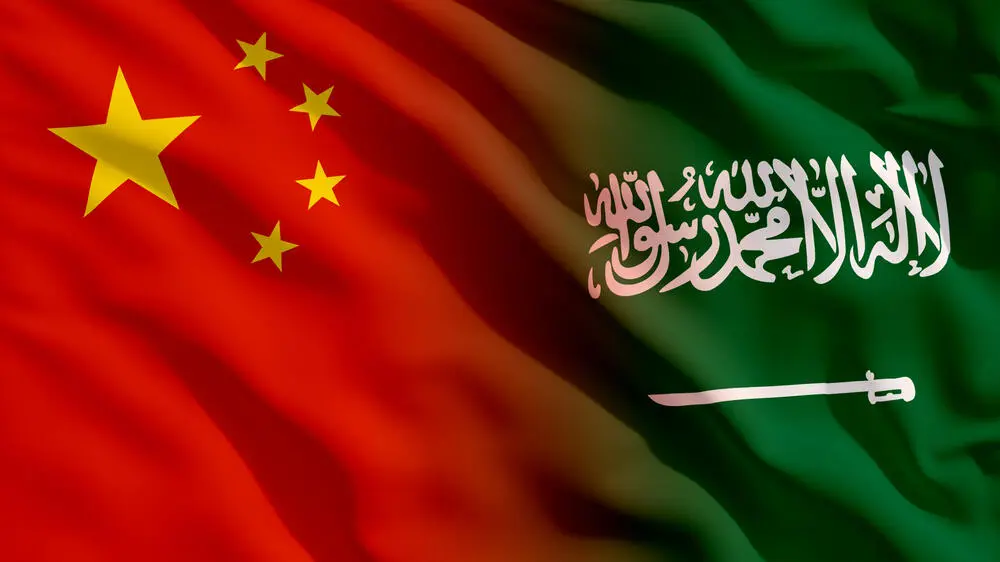In a move that signifies the deepening of Saudi Arabia-China relations, the Kingdom announced this week of its intention to join the Shanghai Cooperation Organization (SCO) as a “dialogue partner”.
On this Thursday evening, Saudi Arabia’s state media reported that the Kingdom has expressed agreement to join the Shanghai Cooperation Organization (SCO) as a “dialogue partner”, a move that many political interpret as a step forward in getting closer to China and discarding partnership with the United States.
The Shanghai Cooperation Organization, a China-led Asian political, security, and economic bloc, was established more than 2 decades ago in 2001 with the aim of rivaling similar Western institutions.
Other than China, there are eight other countries that are permanent members of the SCO. They include India, Pakistan and Russia, as well as four central Asian countries – Kazakhstan, Kyrgyzstan, Uzbekistan and Tajikistan. Iran also joined the organization as a permanent member last year in September.
Although the idea of Saudi Arabia joining the SCO was discussed during a visit by Chinese President Xi Jinping to the Kingdom last year’s December, the decision was approved by the Saudi cabinet at a meeting on Thursday chaired by King Salman. Egypt and Qatar are other countries that have the status of the observer or dialogue partner in the SCO.
With China coming to the scene in the Middle East, the US role is fading away
China’s growing role in the Middle East is, as many political experts believe, is an alarm for Washington. This is because for years, the US has been the only superpower having a say in shaping major policies in the region. In recent years, however, this unilateral domination has been challenged by China, an Asian power that is growing unprecedentedly fast in many areas and is now the biggest rival for the US not only in the region but in the whole world.
While for years, Washington was the biggest economic partner for Saudi Arabia, the Kingdom is now China’s biggest supplier of crude, and China is the biggest destination for Saudi oil exports.
This month alone, for example, Saudi Arabia significantly strengthened its energy ties with China by announcing last week a $3.6 billion deal to buy 10% of China’s Rongsheng Petrochemical, which would see it supply 480,000 barrels per day of crude oil to the company.
Analysts say that Saudi Arabia is choosing to diversify its global partnerships and other Middle Eastern nations are following suit, which is not good news for the US, especially considering the fact that they are all extending economic, political, and security ties with Washington’s biggest competitor, China.
“The traditional monogamous relationship with the US is now over. And we have gone into a more open relationship; strong with the US but equally strong with China, India, (the) UK, France and others,” says Ali Shihabi, a Saudi analyst and writer.
Many experts also link Saudi Arabia’s move in joining the SCO as a result of the Kingdom’s reconciliation deal with Iran to restore full diplomatic relations that were severed for the past seven years. If so, it is also a sign of a decrease in the US role in major policy makings in the region in favor of China simply because the deal was brokered by China, which inevitably signifies that China’s growing role in the region is not just confined to the economic partnership.








